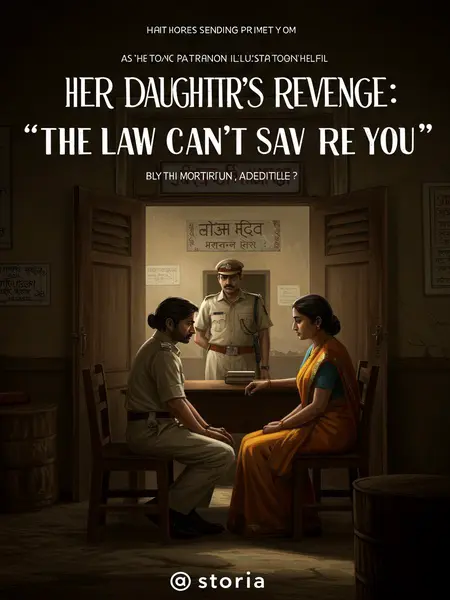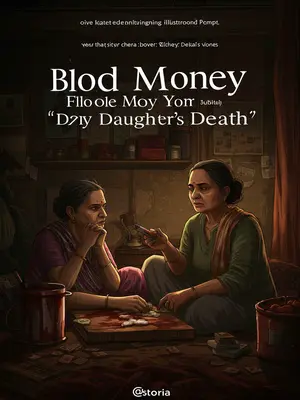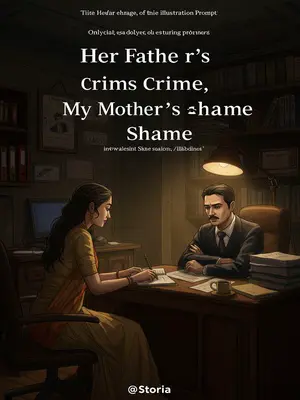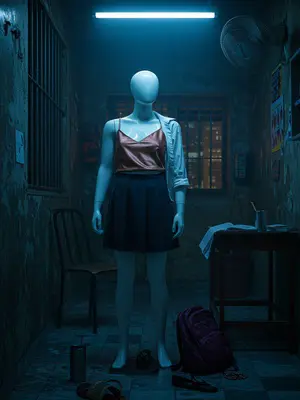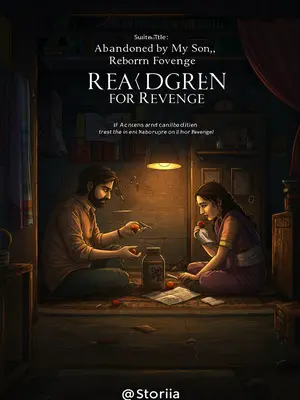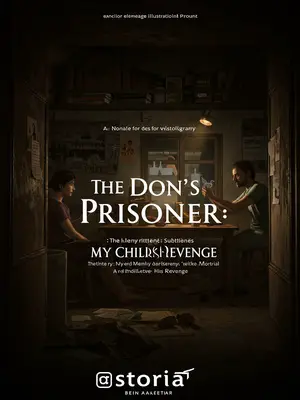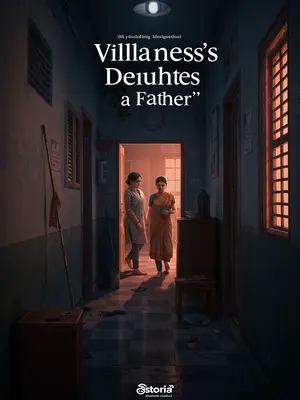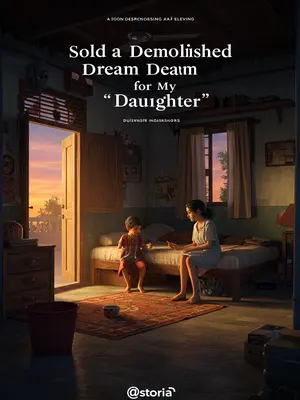Chapter 2: Ananya and the Price of Survival
The girl was given a pseudonym: Ananya.
The newspapers hid her real name, but everyone in the village knew. Diyas flickered at the Hanuman Mandir, prayers whispered for her recovery. The school’s iron gate stood closed, its usual clatter replaced by silence.
After her surgery, Ananya spent a year in bed before being discharged. For the rest of her life, she would likely live with a urine bag.
A little plastic pouch strapped to her side—her mother changed it every morning. Her mother’s hands shook so badly that sometimes she spilled a few drops, and each time, she muttered a silent prayer to Durga for strength. The doctor from the district hospital spoke in words that meant nothing to the family, but the pain was all too real.
The boys who hurt her—each under fourteen—escaped criminal punishment. The panchayat summoned their families and declared, “Don’t let this happen again, samjhe?” The mothers stared at the floor, fathers grumbled about “kids making mistakes.” Nobody spoke openly, but anger sat heavy, thick as Delhi smog.
Compensation was paid, and the families slipped away in the night.
Old sarees bundled with belongings, suitcases balanced on scooters—within a week, the houses stood empty. Doors creaked, paint peeled. Some neighbours muttered “accha hua,” but the bitterness hung on.
Two families moved to a nearby town, the others scattered across states and cities. People whispered: would their sins follow them? The silence left behind was its own kind of scar.
To outsiders, it seemed only the victim had suffered.
But the elders on their charpoys knew better. Harm leaves a scent, invisible yet strong, like burnt milk in an old kitchen. The village could not scrub itself clean.
The consequences came quickly.
